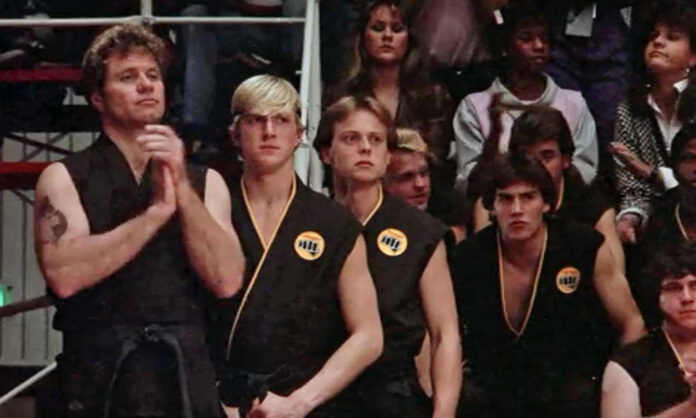In a new post, Kristen Lamb says that a taste of schadenfreude–pleasure at the misfortune of others–can spice up your fiction. “We humans, by and large, have a sense of justice encoded in our psyche,” she writes. “This ingrained sense of right and wrong and fair and unfair is part of what drives our need for a sense of justice. We don’t like it when others ‘get away’ with doing something we perceive as ‘wrong.'”
Often, that means we take delight in watching someone get caught breaking the law or a deeply ingrained social rule. Even outside the crime genre, consider how many movies show bullies and cheaters get their comeuppance. Audiences love watching jerks take it in the shorts. “When there is a gross power imbalance, and that imbalance is abused, we humans can turn positively feral,” Lamb adds. “When these sorts of people commit crimes, the ‘real’ world cannot punish them. But Author Gods can.”
With schadenfreude, your readers keep turning pages, because they want to see the bully defeated and they want to know how. While you should create villains who elicit some empathy with the reader, sometimes one will act in a way that puts him beyond redemption. The villain may not start out irredeemable, but their actions lead them on a downward spiral. “And none of us (readers) mind if they’re given a little push,” Lamb says.












